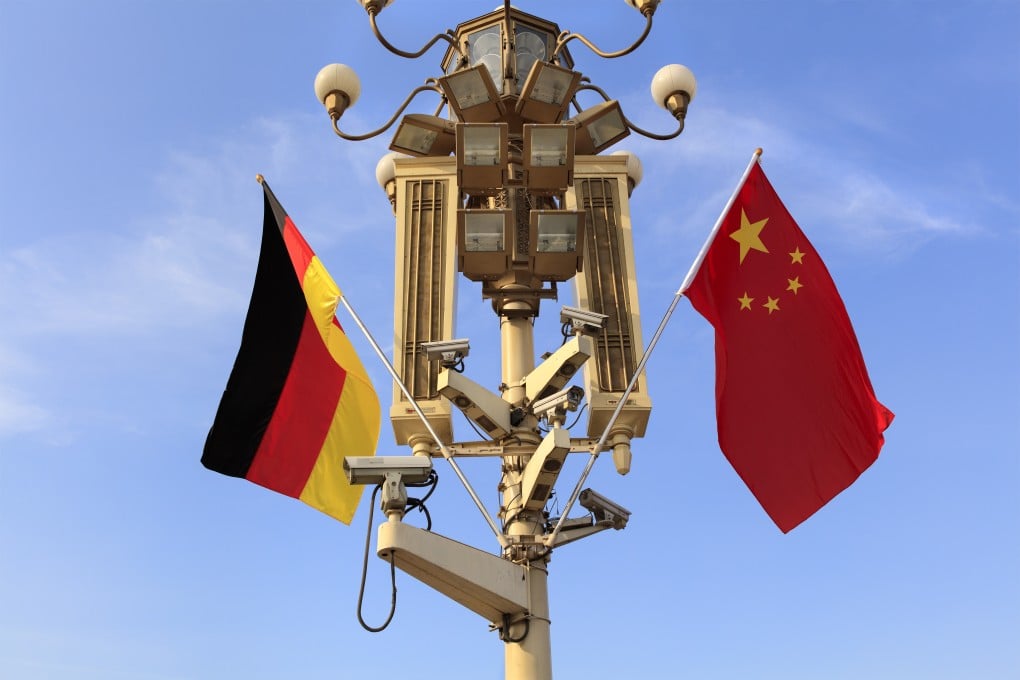Opinion | Germany and China’s 50-year relationship has taken a disappointing turn
- After half a century of mutually beneficial Sino-German ties, Berlin and Beijing find themselves on opposite sides of the geopolitical divide
- With Germany taking aim at China over Xinjiang and Taiwan, it appears to be choosing idealism over pragmatism – a stance that is unlikely to pay dividends

This year marks a significant anniversary for German-Sino relations. On October 11, 1972, the People’s Republic of China and the Federal Republic of Germany established official diplomatic ties. In the years since, both sides have benefited enormously. Recently, however, the relationship seems tense, and the two countries would be well-advised to return to their former virtues.
Throughout these developments, there have been three constants in the relationship between Berlin and Beijing: mutual respect, pragmatism and the absolute will to benefit from each other.
Nothing underscores the latter so much as the economic links that both countries have enjoyed. To illustrate: in 1972, the total value of trade between the two was €500,000 (US$486,000). In 2021 it was €245 billion (US$237 billion).
Unsurprisingly, China was Germany’s most important trading partner for the sixth year in a row in 2021. Meanwhile, no other European country invests as much in China as Germany, with German firms accounting for more than half of European investment in China in 2018.

